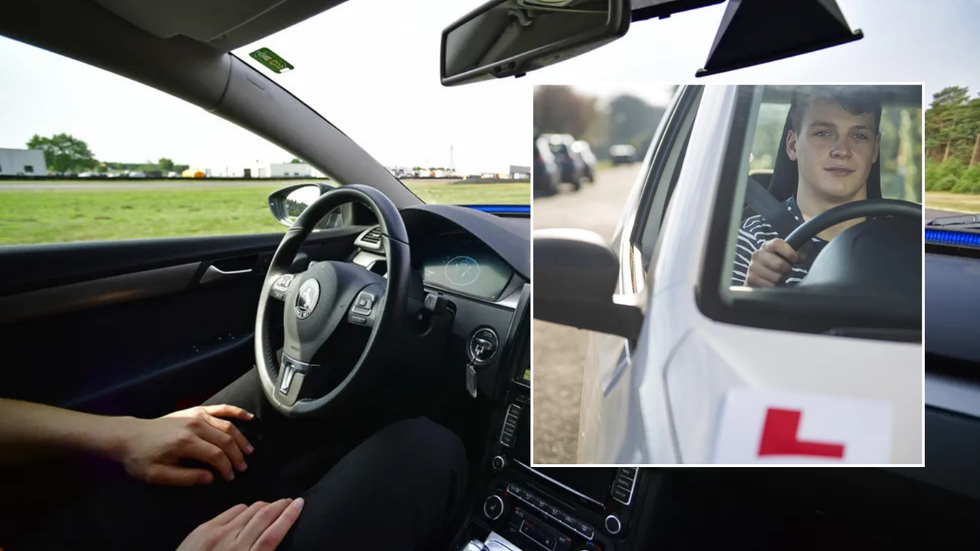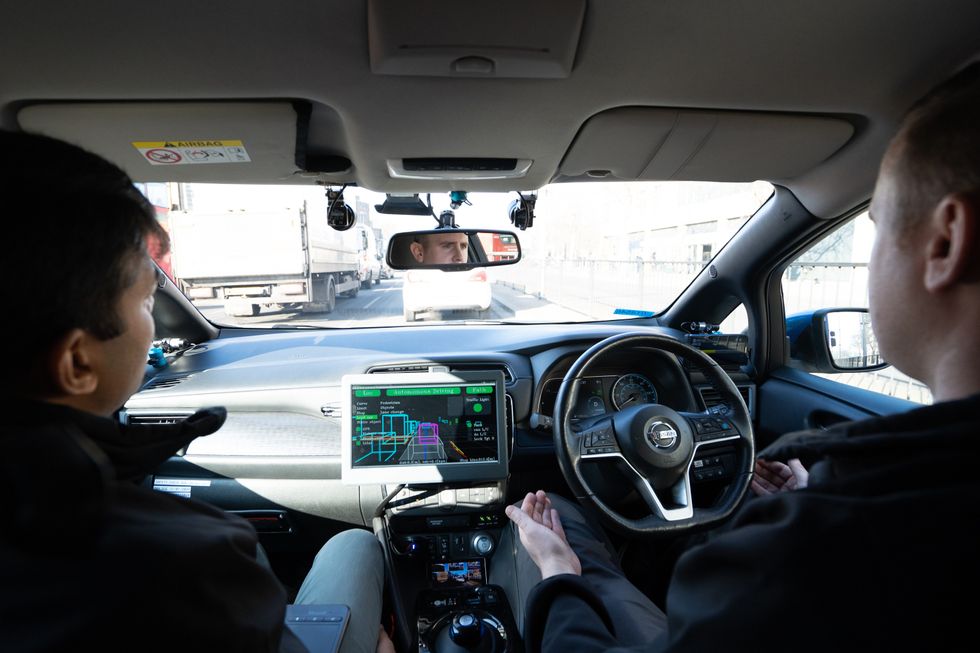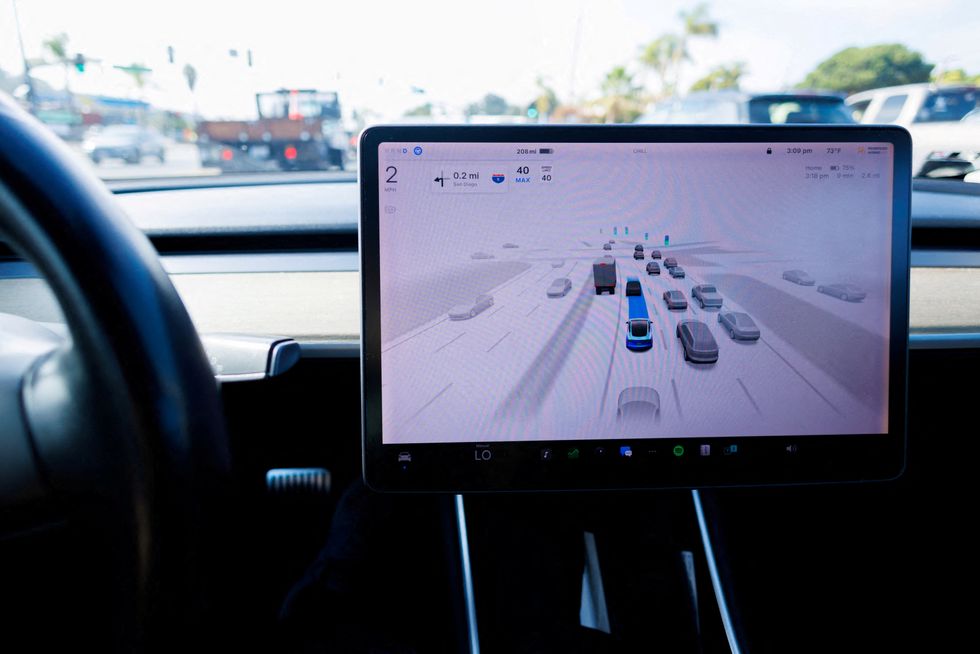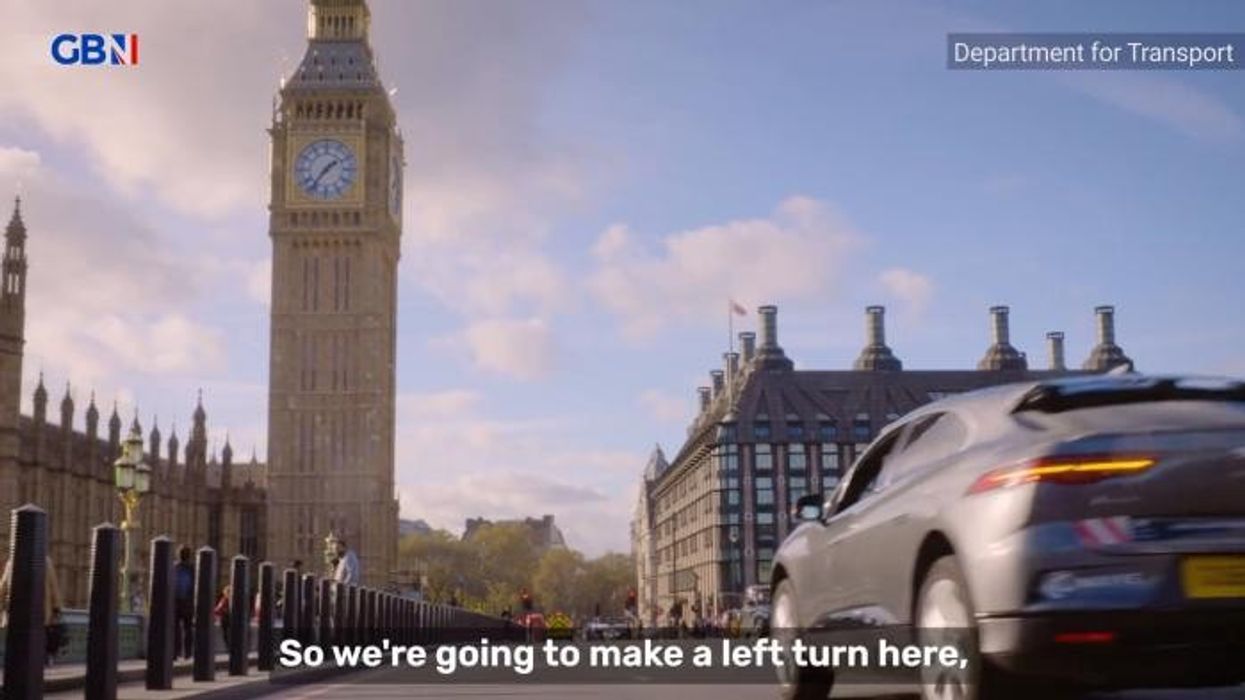Young drivers at high risk of car crashes amid reliance on vehicle technology - 'It is concerning!'

Gen Z drivers are more likely to use technological aids while driving than other age groups
Don't Miss
Most Read
Latest
One in five drivers has become more reliant on technology while behind the wheel, raising serious concerns about declining driving competence.
A recent report found that 89 per cent of Gen Z (16-28 years old)drivers use technological aids, including navigation apps, voice commands and safety features while driving.
The survey uncovered a dramatic shift in driving habits, with 34 per cent of younger drivers now exclusively driving automatic vehicles.
Additionally, 25 per cent of young drivers stated they often rely on driver assistance programmes such as cruise control and lane keeping systems, suggesting an increasing dependence on technology that could be undermining fundamental driving skills.
Do you have a story you'd like to share? Get in touch by emailing motoring@gbnews.uk

Research has found that more young drivers are taking tests in automatic cars and are more willing to use technology
|GETTY
The trend towards automatic vehicles marks a significant departure from traditional driving skills, with 34 per cent of Gen Z passing their driving tests in automatics.
However, experts have warned that this restricts them to automatic vehicles only, potentially limiting career prospects as many company cars, vans, and trucks remain manual.
The reliance on technology extends beyond transmission choices, with a quarter of Gen Z drivers often depending on driver assistance programmes, including cruise control and lane-keeping systems.
This technological dependence has real consequences, with 18 per cent of Gen Z drivers admitting to causing vehicle damage when driving without their usual technological aids, highlighting the risks of over-reliance on these systems.

Young drivers are more reliant on technology in vehicles than any other age group
| PAThe study revealed that 32 per cent of Gen Z actively avoid specific driving skills, with parallel parking topping the list, as 42 per cent of respondents identified it as their weakest area.
Driving in adverse weather conditions proved challenging for 35 per cent of young drivers, while 29 per cent struggled with nighttime driving.
Mike Thompson, CEO at Leasing Options, warned about the implications of this technological dependence. "It is concerning that Gen Z drivers are becoming increasingly reliant on technology while behind the wheel," he stated.
Even basic skills like reading road signs posed difficulties for 12 per cent of Gen Z drivers, painting a concerning picture of overall driving competence.
Looking ahead, Gen Z's enthusiasm for autonomous vehicles suggests this technological dependence will only intensify.
The survey found that 25 per cent of young drivers would be "very willing" to purchase a driverless car once available, with 36 per cent saying they would be somewhat willing.
Overall, 56 per cent of Gen Z respondents expressed complete willingness to purchase autonomous vehicles when they become available in the UK.
This eagerness aligns with developments already underway, as self-driving cars undergo trials on public roads, urban areas and motorways across the country.

Self driving cars are set to come onto UK roads by 2027
| REUTERSEarlier this year, Uber announced plans to introduce driverless cars in London by 2027, suggesting the shift towards fully automated driving is rapidly approaching.
Thompson acknowledged the benefits of modern driving technology while emphasising the need for balance.
Hw said: "While innovations like autonomous driving systems and advanced driver-assistance features undoubtedly enhance safety, I believe it's essential to remember that technology should complement, not replace, fundamental driving skills.
"It's about striking a balance between technology to make driving safer and more efficient, but not allowing it to overshadow the importance of developing a deep understanding of the road."











